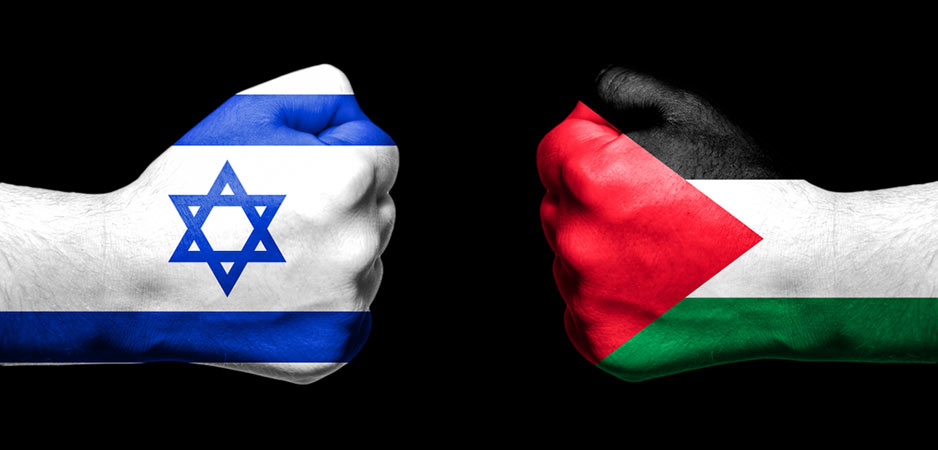Minding Your Own Business
While the world still grapples with equal rights for women, there is yet another community that has been abysmally overlooked, and that is the queer community. What is queer exactly? Well, it’s a word used to describe amazing and wonderful people. With this ideal in mind, the Queer Straight Alliance of SSCBS works to create a safe, inclusive and equitable environment which aims to normalise gender fluidity and what is considered ‘atypical’ sexuality. Throughout the year QSA has extensively made use of social media platforms to enlighten a larger audience about the LGBTQIA+ community. So far, QSA has educated the audience about topics ranging from homosexuality to gender disphoria and to even basic things like the role and importance of pronouns with regular social media postings. They host a weekly newsletter #TheQueerCatchUp to keep the audience updated with latest happenings related to the community around the world. It launched the first of its kind Discord Server to cater to the LGBTQIA+ youth, along with questioning individuals and allies. They took this initiative to create a medium through which diversity is celebrated and backed up by love and pride.Every month QSA brings an informative session with individuals who are working for the upliftment of the community. Their past speakers include eminent personalities from corporate and academic spheres.
QSA has also successfully surveyed the entire SSCBS campus and released an inclusivity report that placed an emphasis on issues relating to personal safety, education & students’ behavior in general. They are also planning on introducing an LGBTQIA+ grievance cell.
LGBT inclusion is a grey area in the context of Corporate India. Most businesses have erroneously started to equate diversity with just hiring more women. The companies that do take steps in order to support the marginalised communities through such recruitments, hire people for secondary roles and not leadership roles. Thus, it is essential to lay an early foundation and understand diversity and inclusion in the real corporate world. A study by Mission for Indian Gay & Lesbian Empowerment (MINGLE) reveals that 40% people reported having faced some form of harassment for being LGBT and 87% do not have access to formal LGBT Employee Resource Groups within their organization. Apart from social stigma, resistance and superficial policies, there are multiple reasons why the queer community needs support in the corporate sphere. Firstly, India doesn’t recognize same-sex marriages or even civil partnerships. Companies that do want to offer benefits have to resort to cumbersome tasks like devising their own policies. There is a social backlash from the community which is often based on misconceptions and stereotypes. Another workplace issue is that of subjugation. People are bullied, mocked or forced to come out when they are not ready. It negatively affects their ability to work productively and this creates a regressive work culture.
Then, there are legal issues, for example, it is extremely difficult to nominate your same sex partner on insurance forms, moreover, any family member can challenge a registered will of a person who has nominated a same sex partner. Infact, since same-sex marriages are not legalised in India, homosexual couples are not allowed to adopt a child together.
Employers need to realise that inclusion is not just the fundamentally right thing to do—it translates to increased innovation, more talent and higher profits. In India, industry giants like Godrej, Tata Steel and many others have tapped into the power of diversity. Their transformation into LGBTQ-friendly workspaces has revolutionized the lives of their employees. Corporates approach D&I like its charity whereas it’s a smart thing to do for growth. Infact, globally, the field of design is incredibly queer. It often falls on LGBTQ+ designers to point out exclusionary design choices, as simple as a gender question with just binary options, because their teammates lack the perspective to recognize them. A McKinsey report stated that gender-diverse employers outperform their peers by 15%, while ethnically diverse companies outperform their peers by 25-30%.
On one side, the reality is that the queer community experiences day-to-day struggles with respect to identity, basic rights and safety, whereas, on the other hand, we envision members of the queer community to hold aspirational positions in organisations. How can companies help bridge this gap in a holistic way? As future entrepreneurs, to be an ally for more inclusive spaces, we need to start with simpler things like normalising usage of gender-neutral pronouns, advocating for LGBTQ issues and addressing their problems. Parmesh Shahani, vice-president at Godrej Industries Ltd, author of ‘Queeristan’ and a proud gay man has been a trendsetter and strongly advocates that ‘each employee is unique and can only truly flourish when they can portray their whole self at work’. Zero tolerance corporate policies are essential to sustain an LGBTQ friendly work culture. Society changes on multiple fronts and this journey starts with redefining roles by simply striking a conversation.




Comments